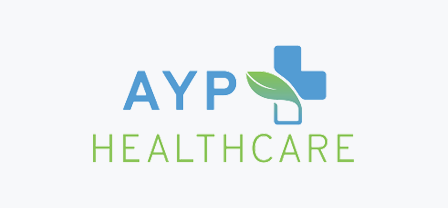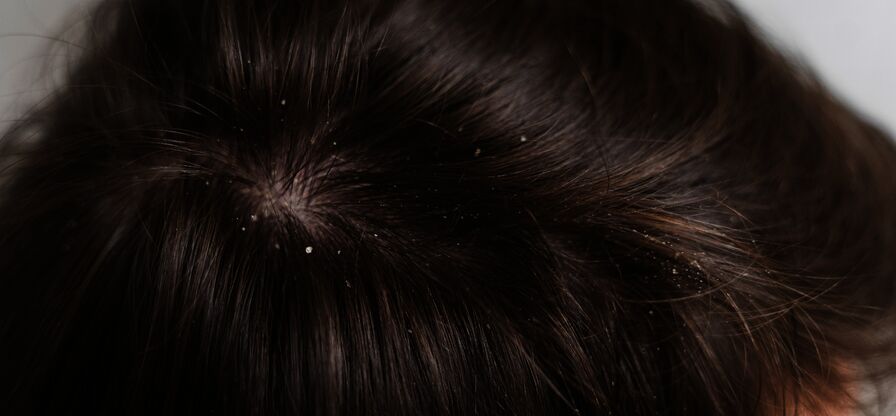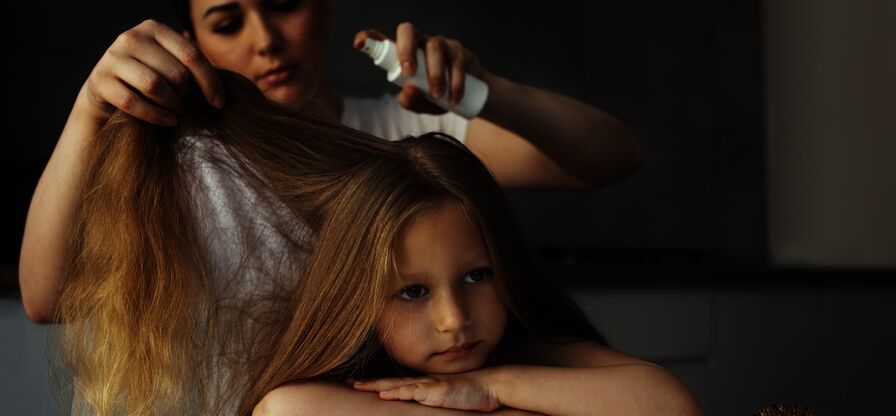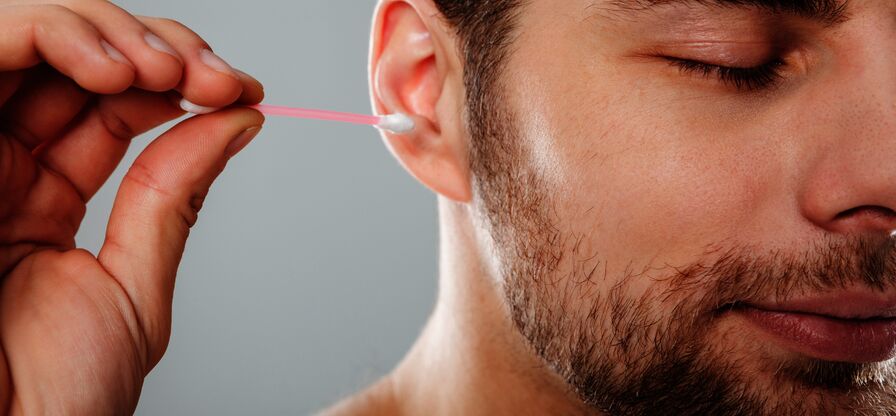Unveiling Scabies: Understanding, Preventing, and Treating the Invisible Itch

Scabies, an extremely contagious skin ailment, is caused by tiny parasites (Sarcoptes Scabiei). These parasites lay their eggs inside the epidermis skin layer and cause extreme itchiness, especially at night.
Scabies are extremely contagious and can be passed through direct skin-to-skin contact from someone who has the parasite. Therefore, it is important to keep a distance from someone who is affected by scabies. Children are most susceptible to scabies and are the most likely cause of the rest of the household becoming infected, especially if they attend nursery or school.
Symptoms of Scabies
The main symptom of scabies is the extremely widespread itchiness, often accompanied by a rash that can lack colour or be red and raised. Sometimes, these spots can be filled with pus.
Over-the-counter treatments for scabies
Permethrin 5% Cream (Lyclear)
- Leave for at least 12 hours
- Treat all members of the household, even if someone does not have symptoms
- Apply top to toe, all over the entire body
- Apply to non-itchy areas, even the scalp
- Retreat after one week
Malathion 0.5% Liquid (Derbac-M)
- Leave for at least 12 hours
- Treat all members of the household, even if someone does not have symptoms
- Apply top to toe, all over the entire body
- Apply to non-itchy areas, even the scalp
- Retreat after one week
Topical Corticosteroid
- Do not apply to the face, genitalia or open wounds
- To reduce itching and inflammation
- Hydrocortisone topical products
Antihistamine (Oral or Topical)
- To reduce itching and inflammation
- Speak to your pharmacist about which product is suitable for you
Note: Everyone in the household needs to be treated simultaneously, even if they do not have symptoms. Following treatment, bed linen and clothing may be laundered as usual.
When should I see my GP?
- You are concerned about your symptoms, or you have other symptoms which were not mentioned above.
- Women who are pregnant or breastfeeding.
- Feeling generally unwell or have a weakened immune system.
- Signs of infection, e.g. yellow leaky discharge.
- If scabies have been caught from a sexual partner.








